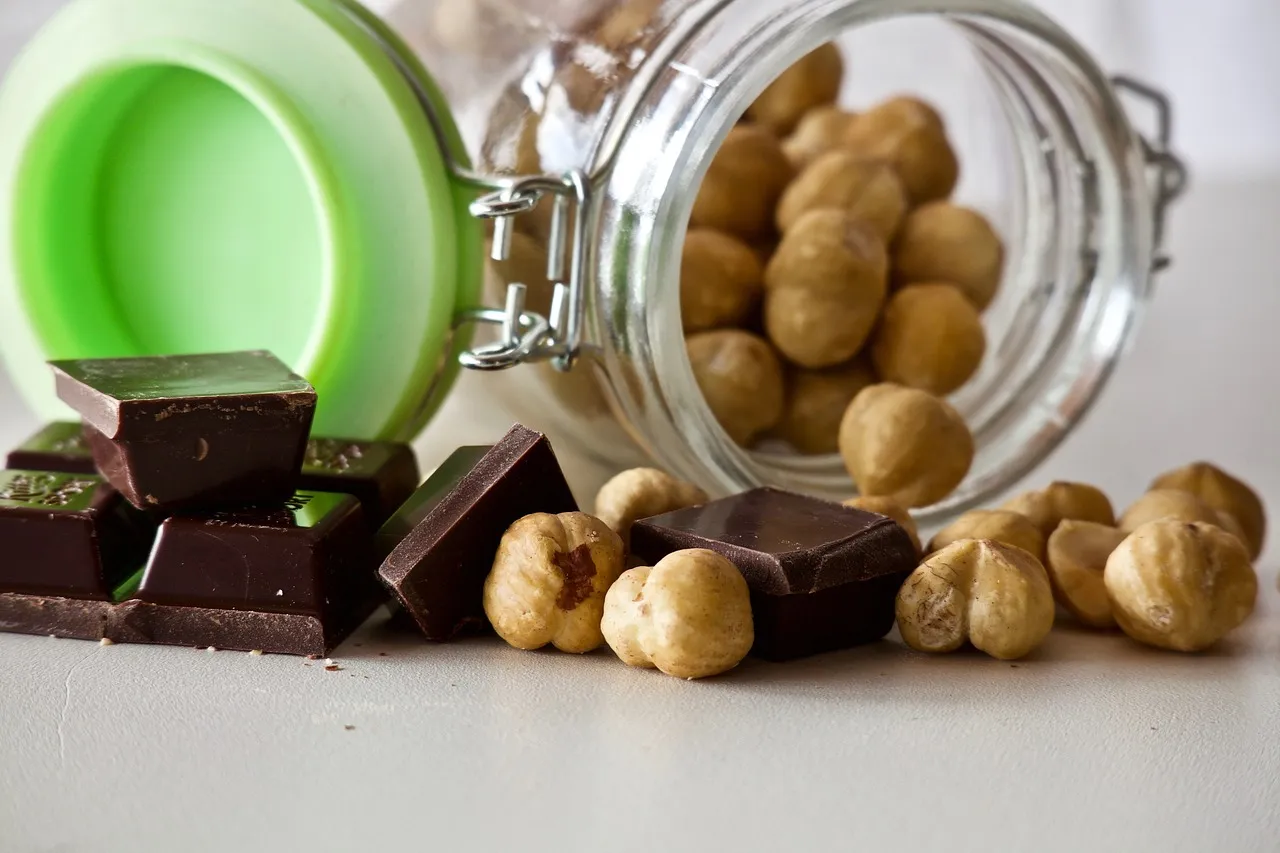Is organic eating better? Does eating organic products instead of traditional farming actually mean healthier eating?
The market confirms that there is an increasing feeling between families and organic food: in fact, 3% of Italians' food spending is organic. In total, 4.5 million households consume as many as 4.5 million people who habitually consume organic produce, with a growth of 17% in just one year. Consumption is not only growing in the large-scale retail sector: in the specialised channel there was even an increase of 13.5 per cent.
Organic eating: advice from the nutritionist
In recent times, the use of organic products has certainly led to a change in habits in our diet: organic food is able to capture the imagination of the consumer because it gives us the impression of being able to eat healthier, cleaner and without anbiental contaminants. Theoretically, this is true and organic farming and organic farming certainly have an ethical respect for animals, fields, life, and therefore for man in a broad sense, more marked than the stress caused by other crops on soils that are not reciprocated or in any case not cultivated in a natural way. In fact, it is not necessary to eat organically in order to eat healthy: you can also eat healthily with traditional products, obtaining from them all the nutrients (vitamins, mineral salts and polyphenols). Organic food offers a few more guarantees in terms of absence of added chemicals, but beyond this the nutritional principles are similar in terms of nutritional quality.

Luca Piretta, Melarossa's nutritionist, helps you to shop more consciously and choose more carefully the foods you want to bring to your table in a new installment of the "60 seconds with nutritionist" section.